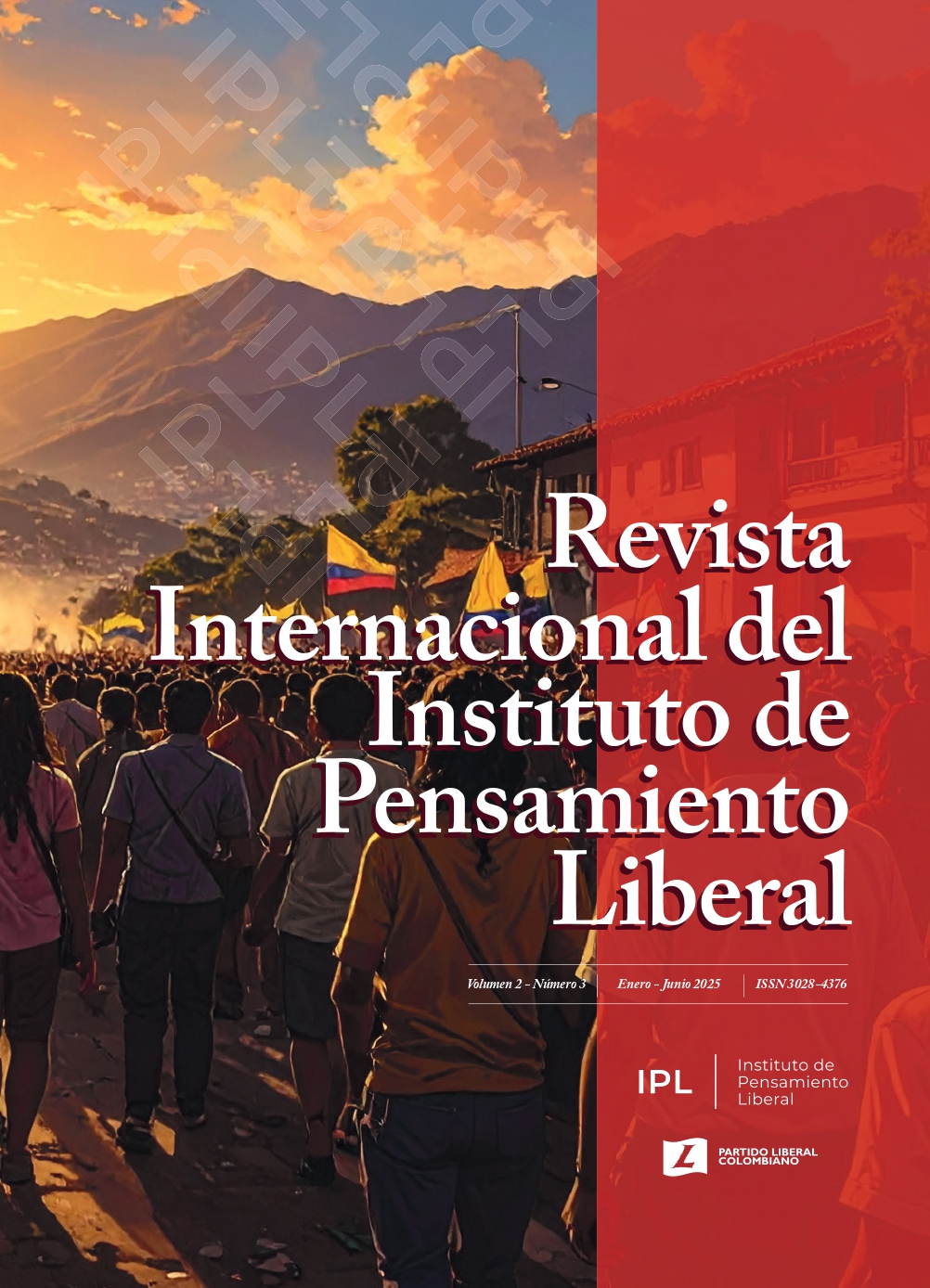The Human Microbiome and Personalized Medicine: Implications for Public Health Policy
DOI:
https://doi.org/10.51660/Keywords:
Human microbiome, personalized medicine, public health policies, microbiota, health equity, next-generation sequencing, Human microbiome, Medicina personalizada, Politicas públicas de salud, microbiota, equidad en saludAbstract
Objective. To analyze the role of the human microbiome in personalized medicine and evaluate the implications of its integration into public health policies, with emphasis on equity, access, and regulation. Method. A review of recent scientific literature (2015–2023) from databases such as PubMed and Scopus, focusing on studies exploring the relationship between microbial composition, health-disease dynamics, and clinical applications. Articles addressing technological advances (e.g., next-generation sequencing) and challenges in implementing microbiome-based strategies were included. Results. A diverse microbiome is associated with optimal health, while dysbiosis is linked to pathologies (e.g., inflammatory diseases, cancer). The microbiota acts as a diagnostic biomarker and modulates therapeutic efficacy, particularly in oncology (response to immunotherapies). Integrating the microbiome into personalized medicine requires overcoming technical, ethical, and socioeconomic barriers, including inequitable access to technologies and regulatory gaps. Conclusion. The microbiome represents a transformative axis for personalized medicine, but its potential demands public policies that ensure ethical standards, universal accessibility, and robust regulatory frameworks. Interdisciplinary collaboration (physicians, bioinformaticians, policymakers) is critical to translating scientific findings into population-wide benefits.
Downloads
References
Arancela-Bartrina, J., et al. (2016). Dietary fibre in Europe: Current state of knowledge on definitions, sources, recommendations, intakes and relationships to health. Nutrition Research Reviews, 30(2), 149-190.
Aranceta-Bartrina, J., et al. (2015). Prevalence of obesity in Spain: Results of the SEEDO 2015 study. Medicina Clínica, 146(3), 104-108.
Blaser, M. J. (2016). The microbiome revolution. Journal of Clinical Investigation, 126(3), 776-780.
Braveman, P., & Gruskin, S. (2023). Defining equity in health. Journal of Epidemiology & Community Health, 57(4), 254-258.
Cho, I., & Blaser, M. J. (2012). The human microbiome: At the interface of health and disease. Nature Reviews Genetics, 13(4), 260-270.
Costello, E. K., et al. (2012). The application of ecological theory toward an understanding of the human microbiome. Science, 336(6086), 1255-1262.
Gilbert, J. A., et al. (2018). Current understanding of the human microbiome. Nature Medicine, 24(4), 392-400.
Haiser, H. J., & Turnbaugh, P. J. (2013). Developing a metagenomic view of xenobiotic metabolism. Pharmacological Research, 69(1), 21-31.
Huttenhower, C., et al. (2012). Structure, function and diversity of the healthy human microbiome. Nature, 486(7402), 207-214.
Kashyap, P. C., et al. (2017). Microbiome at the frontier of personalized medicine. Mayo Clinic Proceedings, 92(12), 1855-1864.
Kuntz, T. M., & Gilbert, J. A. (2017). Translating microbiome science into public health policy. Science Translational Medicine, 9(421), eaaf4564.
Lang, T., & Rayner, G. (2012). Ecological public health: The 21st century’s big idea? BMJ, 345, e5466.
Lloyd-Price, J., et al. (2016). The healthy human microbiome. Genome Medicine, 8(1), 1-11.
Lynch, S. V., & Pedersen, O. (2016). The human intestinal microbiome in health and disease. New England Journal of Medicine, 375(24), 2369-2379.
McGuire, A. L., et al. (2020). Ethics and the microbiome in precision medicine. Annual Review of Genomics and Human Genetics, 21, 493-510.
Mimee, M., et al. (2016). Microbiome therapeutics: Advances and challenges. ACS Synthetic Biology, 5(1), 11-13.
Ostos Ortiz, O. L., & Quiceno Ostos, T. (2024). Microbiomas y salud humana: nuevas fronteras en la medicina personalizada. Biociencias (UNAD), 8(1), 65-82. https://doi.org/10.22490/26194759.9198
Petersen, C., et al. (2019). Precision public health and the microbiome. Frontiers in Public Health, 7, 347.
Quince, C., et al. (2017). Shotgun metagenomics, from sampling to analysis. Nature Biotechnology, 35(9), 833-844.
Relman, D. A. (2012). The human microbiome: Ecosystem resilience and health. Nutrition Reviews, 70(suppl_1), S2-S9.
Sonnenburg, J. L., & Bäckhed, F. (2016). Diet-microbiota interactions as moderators of human metabolism. Nature, 535(7610), 56-64.
Wang, B., et al. (2017). The human microbiota in health and disease. Engineering, 3(1), 71-82.
Zitvogel, L., et al. (2015). The microbiome in cancer immunotherapy: Diagnostic tools and therapeutic strategies. Science, 359(6382), 1366-1370.
Downloads
Published
Issue
Section
License
Copyright (c) 2025 Olga Lucia Ostos Ortiz (Autor/a)

This work is licensed under a Creative Commons Attribution-NonCommercial 4.0 International License.




